The discovery of Tutankhamun’s tomb may well be one of the 20th century’s great stories — but naturally that doesn’t mean a television drama won’t want to jazz it up a bit. Or, in the case of ITV’s lavishly produced but distinctly corny Tutankhamun, quite a lot. The programme gives us a Howard Carter younger and considerably hunkier than in real life. It throws in a couple of smitten hotties to emphasise the fact. Above all, it transforms Carter into the archaeological equivalent of a maverick TV cop: a man who doesn’t play by the rules, isn’t afraid to follow wild hunches but, by God, gets results.
In Sunday’s opener, we first saw Carter (Max Irons) in 1905 landing a perfect punch on the pampered jaw of a passing French duke who’d manhandled one of his diggers. As a result, he was duly stripped of his licence to excavate by Egypt’s version of those pen-pushers down at City Hall.
We then cut to two years later, and a Rolls-Royce making its unexpected way through the desert. The driver was Lord Carnarvon (Sam Neill), whose archaeological methods initially consisted of sitting in a chair and barking out random instructions to the natives. Luckily, one of them was brave enough to suggest that his lordship might need some expert help and where to find it — which is why Carnarvon was soon stalking through a market bellowing, ‘Any of you chaps know a man called Carter?’
The next seven years passed rather quickly, mainly with various people shaking their heads dolefully and declaring that ‘the Valley of Kings is all dug out’. There was, however, time for the toothsome — and as far as I can see wholly fictional — Maggie Lewis (Catherine Steadman) of New York’s Metropolitan Museum both to develop a crush on Carter and to realise how doomed it was, given his lone-wolf status. ‘Sometimes,’ he told her firmly, ‘people just get in the way.’
Meanwhile, Carter was having one of his wild hunches. What if the Valley hadn’t given up its secrets after all? What, for example, if an obscure young pharaoh called Tutankhamun had been buried there? To fill in the historical background, he consulted the distinguished Egyptologist Flinders Petrie — here depicted as a more naked version of Caractacus Potts from Chitty Chitty Bang Bang. He was also assured by another adoring young woman, Carnarvon’s daughter Evelyn (in real life, born 1901), that he could well be on to something, because ‘people lose things all the time’.
Eventually, he laid out his theory to Carnarvon, who considered it ‘a hell of a long shot’ — but, having checked that Carter was sure (‘not in your head, I don’t give a damn about that, but in your heart, in your belly’), agreed to fund a full-scale dig anyway. Unfortunately, news then came through that ‘some idiot kid just shot the Archduke of Austria’ and with that the project was postponed, the credits rolled — and it was time to hit Google in a bid to find out what really happened.
Usually a pretty safe pair of TV hands, Andrew Marr came badly unstuck in the first episode of Sleuths, Spies and Sorcerers: Andrew Marr’s Paperback Heroes (BBC4, Monday). The problem wasn’t so much that his exploration of detective fiction tried to be two programmes at once, but that the two it tried to be were entirely contradictory. On the one hand, Marr sought to tease out the universal rules of crime writing, as established for all time in the golden age of the Twenties and Thirties. On the other, he went for a chronological account of how crime writing has totally changed since the golden age of the Twenties and Thirties.
Thus, back when he was talking about country-house murders, universal rule four was ‘The Detective Is the Original Superhero’. By the time he’d reached Ian Rankin, universal rule 11 was ‘The Detective Must Be Flawed’ — a rule which would surely have come as a shock to say, Miss Marple. Similarly, Marr’s premise — repeated many times — that the crime novel is an essentially comforting genre was somewhat hard to reconcile with his later suggestion that modern crime novels serve the vital social function of discomforting us.
Finally, the good news for fans of QI (BBC2, Friday) is that the show looks set to survive the loss of Stephen Fry far more easily than we might have imagined. New host Sandi Toksvig started off a little nervously, and didn’t always master the surprisingly tricky art of going from reading to talking and (trickier still) back again. Yet, the longer the programme went on, the more relaxed she became — and by the end, it was beginning to feel as if her warmer approach might even make a rather refreshing change after Fry’s slightly lofty omniscience.
The post Digging for the truth appeared first on The Spectator.
Got something to add? Join the discussion and comment below.
Get 10 issues for just $10
Subscribe to The Spectator Australia today for the next 10 magazine issues, plus full online access, for just $10.
You might disagree with half of it, but you’ll enjoy reading all of it. Try your first month for free, then just $2 a week for the remainder of your first year.

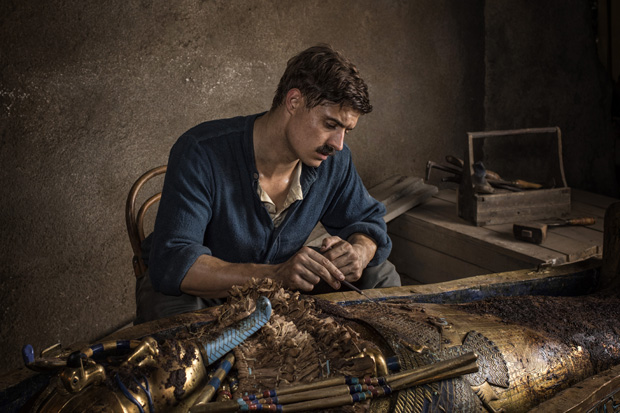
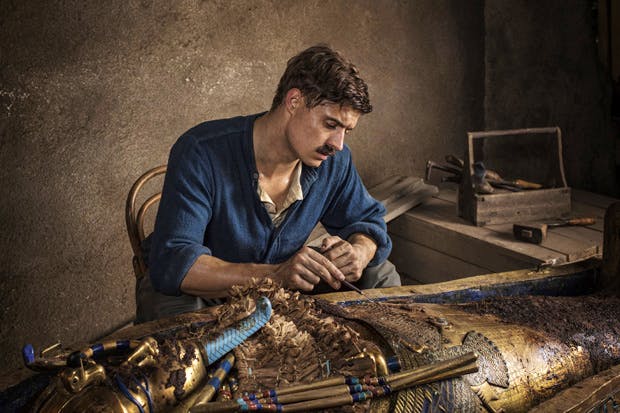
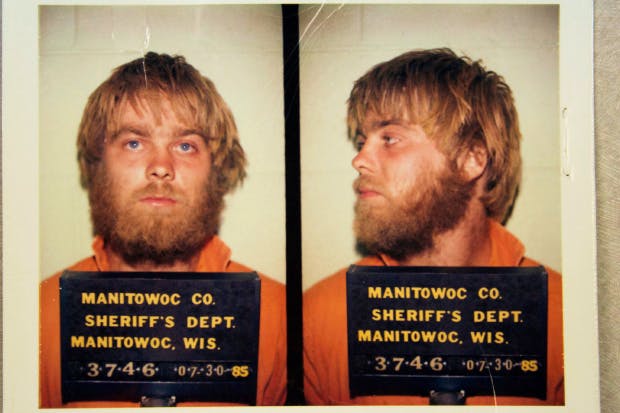
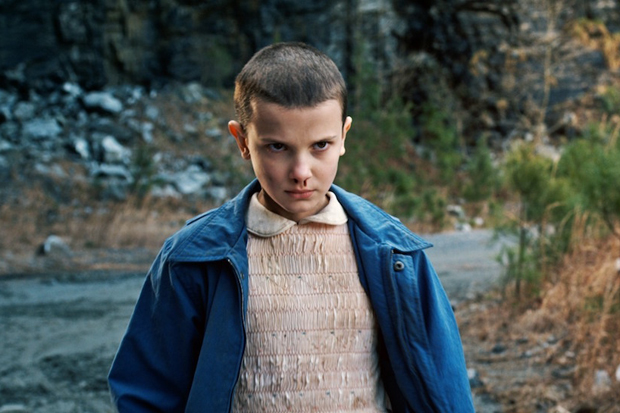

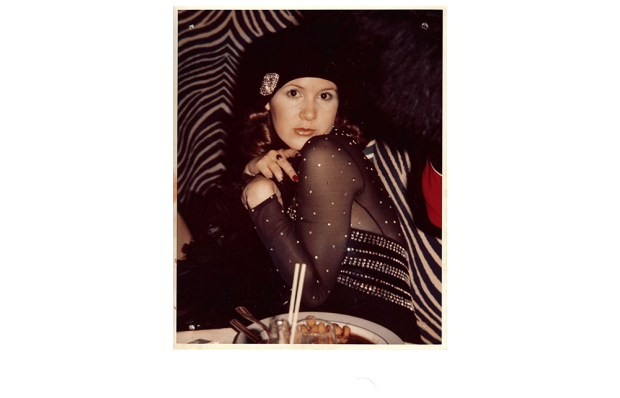
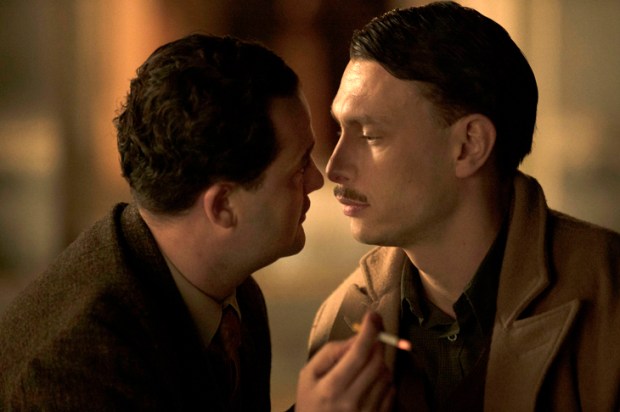






Comments
Don't miss out
Join the conversation with other Spectator Australia readers. Subscribe to leave a comment.
SUBSCRIBEAlready a subscriber? Log in